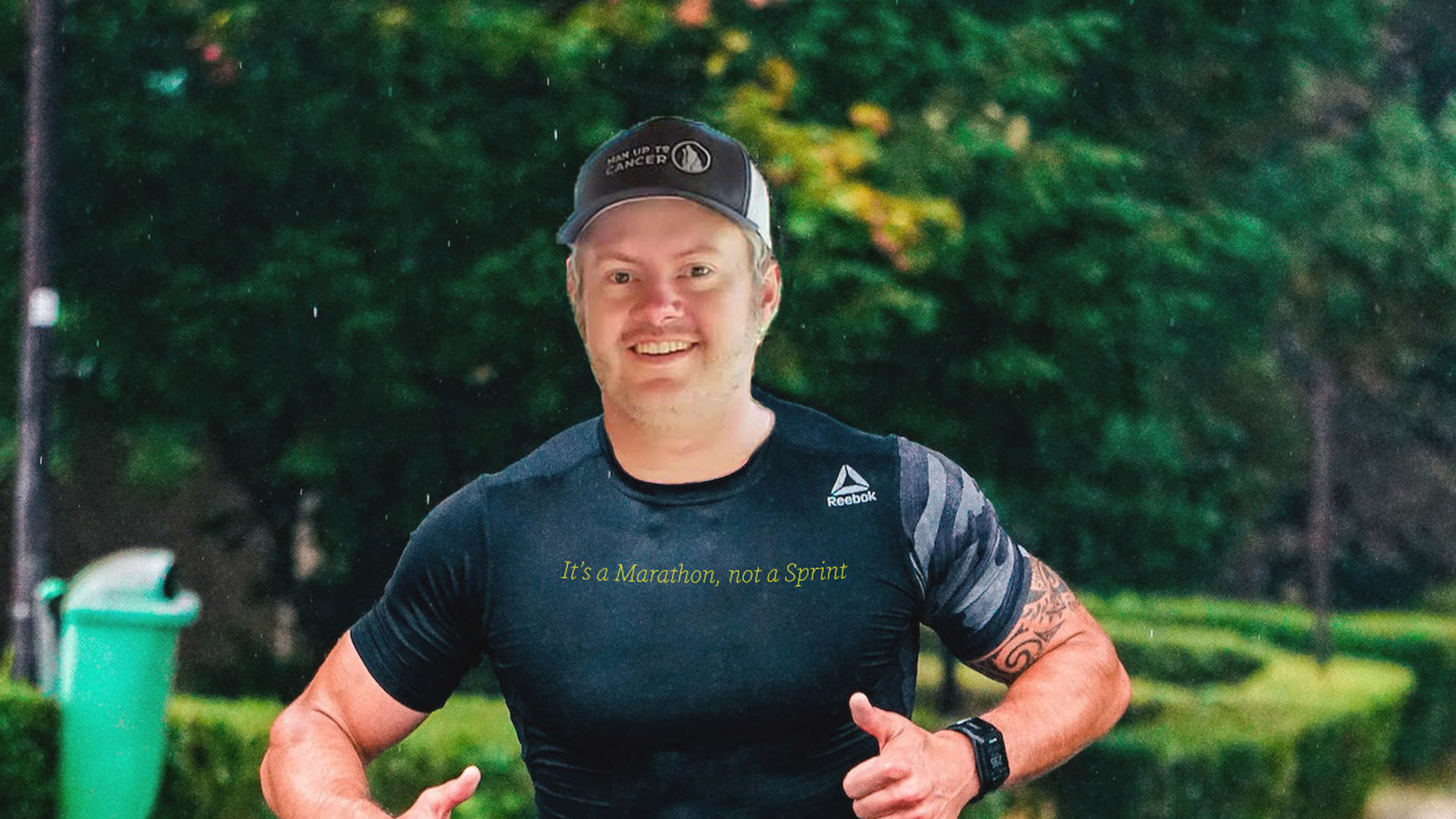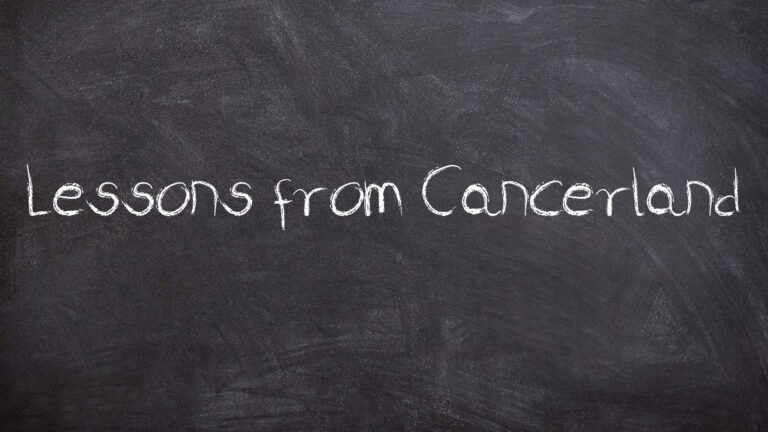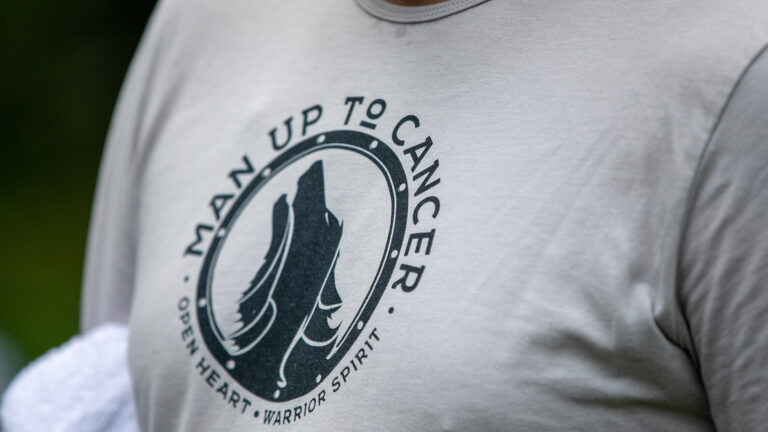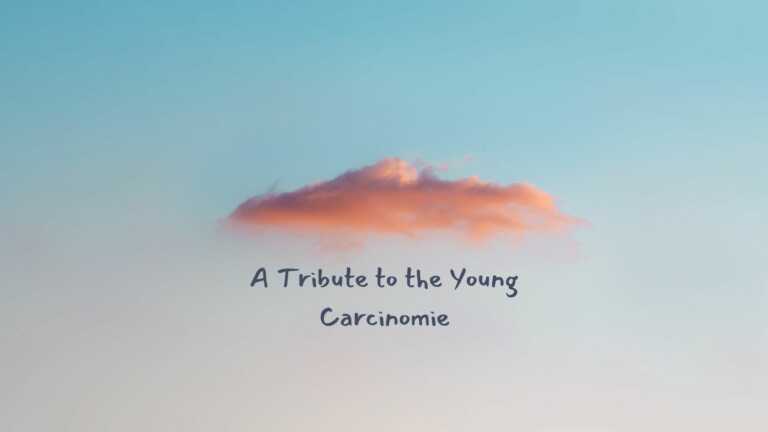(and I could use a breather)
I find myself sitting here, reflecting on how the almost seven months since my cancer diagnosis have been both the slowest and fastest months of my life.
I’m marching toward the last of my planned chemotherapy treatments, carefully counting the days until I no longer feel like trash due to the wonderful, awful drugs being pumped into my veins every two weeks. It’s hard to believe that, in eight months minus one day, I’ll have been diagnosed, had surgery, and completed my planned treatments.
October 16th—then I’ll just need to wait a couple of weeks for the side effects to lessen.
Having a milestone to look forward to is both a source of comfort and trepidation.
There’s no naivety here. I understand that once one obtains their citizenship to Cancerland, they will forever be a part of it. While it is worth celebrating the end of treatment, I’m acutely aware that the next five years of my life will see my calendar peppered with dozens of appointments, each a reminder of the citizenship I cannot revoke.
These tests are a reminder that life can—once again—be upended in an instant. The beginning of another surgery/chemotherapy cycle is always lurking just over the horizon. I’m anxious about it, of course, but also optimistic.
What’s next, after treatment?
“You can’t treat what you can’t see.”
As a result, I’ll be moving to a watch and wait protocol to see if any new cancer pops up. It’s, from what I’ve come to understand, a torturous time spent waiting for the shoe to drop.
But I’ll be having scans every three months, instead of six, and annual colonoscopies for quite some time. I have full confidence that my team will keep a close eye on me. I’ll be sure to rattle cages if need be.
Advocacy work is coming along
I’m embracing the suck here a bit and diving into some advocacy work in a few different ways. I suppose I should start with some goals, before diving into the details.
- Connect more young people to peer support. Young cancer patients are a rarity, so support tends to be fragmented. Most of it is self-serve in the sense that care providers don’t know about it and aren’t sure where to direct early onset or young adult patients.
- Facilitate systemic change. As a cancer patient, I see the gaps. I want to connect with physicians and advisory committees to help steer systemic change.
- Educate and be educated. I want to share my story so that others may avoid my situation. I’ll continue to write and pitch articles to media outlets. I also want to learn more about how to be an effective advocate for oncological issues.
Peer support
I’m currently working through the onboarding process to become a peer chat facilitator for Young Adult Cancer Canada, and organization that is dear to my heart because of how helpful it has been for me over the last six months. I’d like to give back.
Believe it or not, young males with cancer are underrepresented in Cancerland. I hope that stepping up to be a more visible advocate and leader in this space will encourage other young men to seek support.
I’ll also be taking a more hands-on role with Man Up to Cancer by helping with some of the storytelling. Over the coming months, I’ll be working to share the stories of men impacted by the group so that others may draw inspiration and, if needed, reach out for support.
Systemic change
I’ve recently applied to become a member of the Kingston Health Sciences Centre’s Patient and Family Advisory Council.
My goal with this is to collaborate with other members of the Council to ensure that patients are being met where they are. The scope is broad, but one goal is to provide age-appropriate resources for new cancer patients, to work on processes to ensure that information is communicated clearly and accurately, and generally to improve the patient experience to the extent possible.
Education
In October, I’m attending the Health eMatters conference in Toronto to learn more about harnessing the digital world to elevate cancer voices. This will be a unique opportunity to meet other advocates, non-profit professionals, and healthcare workers to learn more about what advocacy looks like in a digital world.
In addition to attending conferences where I can, I’m putting together several pitches for Canadian media outlets and some cancer-centric publications. As I mentioned earlier, there is a large gap in terms of young voices being present in cancer conversations. I plan to do my utmost to change that.
Learn how to exist post-treatment
At some point in the new year, I’m going to need a vacation. This cancer gauntlet has been grueling and has taken a lot out of me. I’ve really come to understand what’s meant by “healing is your job.”
I’m going to need to put in some work to discover who I am in a post-treatment world. I need a reset.
But, what I do know is that I’ll continue to enjoy the things I love and hopefully get back to some of the things that have fallen off.








